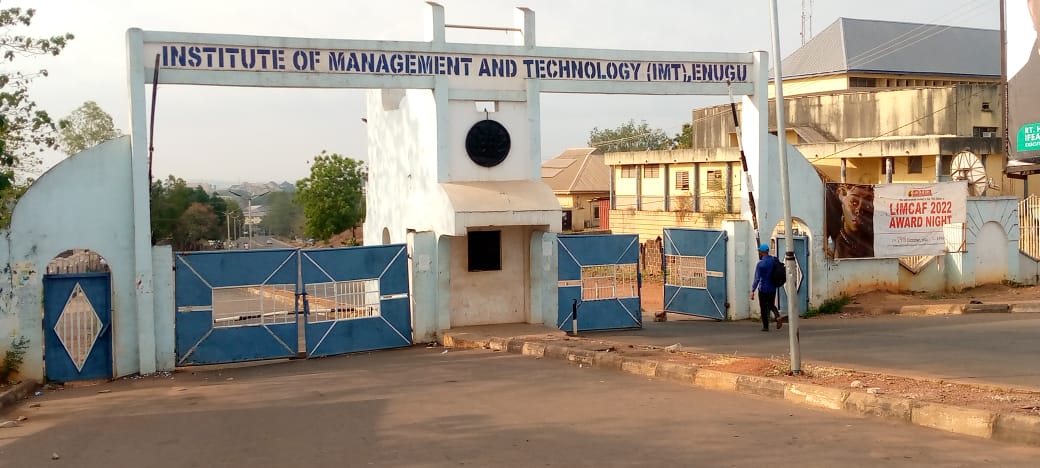Microcredentials: NOUN, COL Push For Making Learning More Accessible

The National Open University of Nigeria (NOUN) and the Commonwealth of Learning (COL) have called on regulatory agencies to develop structured policies and guidelines for implementing micro-credentials in the education system.
This call was made during a capacity-building workshop on micro-credentials in Abuja.
The event, themed “Developing Micro-Credentials Transfer in a Digital Age”, was supported by COL and the Regional Training and Research Institute for Distance and Open Learning (RETRIDOL).
Micro-credentials are certifications of assessed learning or competency, typically shorter and more focused than traditional degrees or diplomas, designed to help individuals acquire specific skills or knowledge.
Declaring the event open, the Vice-Chancellor of NOUN, Prof. Olufemi Peters, emphasised that micro-credentialing is transforming education by focusing on specific skills and competencies rather than lengthy formal qualifications.
He noted that micro-credentials can enhance employability, make learning more accessible, and support lifelong learning.
Peters urged regulatory bodies, such as the National Universities Commission (NUC), to formulate clear national definitions, standards, and objectives aligned with the country’s educational goals.
“Micro-credentialing is an innovative approach that is reshaping the landscape of education and professional development.
“It emphasises skills and competencies over extended formal education, offering flexibility and alignment with industry demands.
“It provides a viable alternative to traditional degrees, often developed in collaboration with industry stakeholders, which enhance employability and make learning more accessible and tailored to individual needs,” he stated.
Other speakers at the workshop highlighted the significance of micro-credentials in enhancing learner mobility, personalised learning, and cross-border recognition of qualifications.
The Director of RETRIDOL, Prof. Christine Ofulue, emphasised the role of micro-credentials in enhancing learner mobility, personalised learning, and cross-border recognition of qualifications.
She stressed the need for the region to establish its frameworks and strategies.
“This workshop is timely and reinforces RETRIDOL’s leadership in this domain. Our region must establish its own definitions, frameworks, and strategies to ensure relevance,” she said.
On her part, COL’s Adviser on Higher Education, Prof. Jane-Frances Agbu, noted that micro-credentials are crucial for rapid upskilling and reskilling in today’s fast-paced job market.
Also, ECOWAS Commission’s Director of Education, Science and Culture, Dr Roland Kouakou, expressed optimism that micro-credentials could increase access to education and prepare learners for the future of work.
On his part, Prof. Francis Egbokhare, President of ODeLAN, emphasised the need for practical implementation, drawing on insights from global micro-credentialing practices.
The workshop, themed “Developing Micro-Credentials Transfer in a Digital Age”, attracted participants from several countries, including Ghana, The Gambia, Sierra Leone, Cameroon, and Nigeria.
Microcredentials: NOUN, COL Push For Making Learning More Accessible is first published on The Whistler Newspaper




